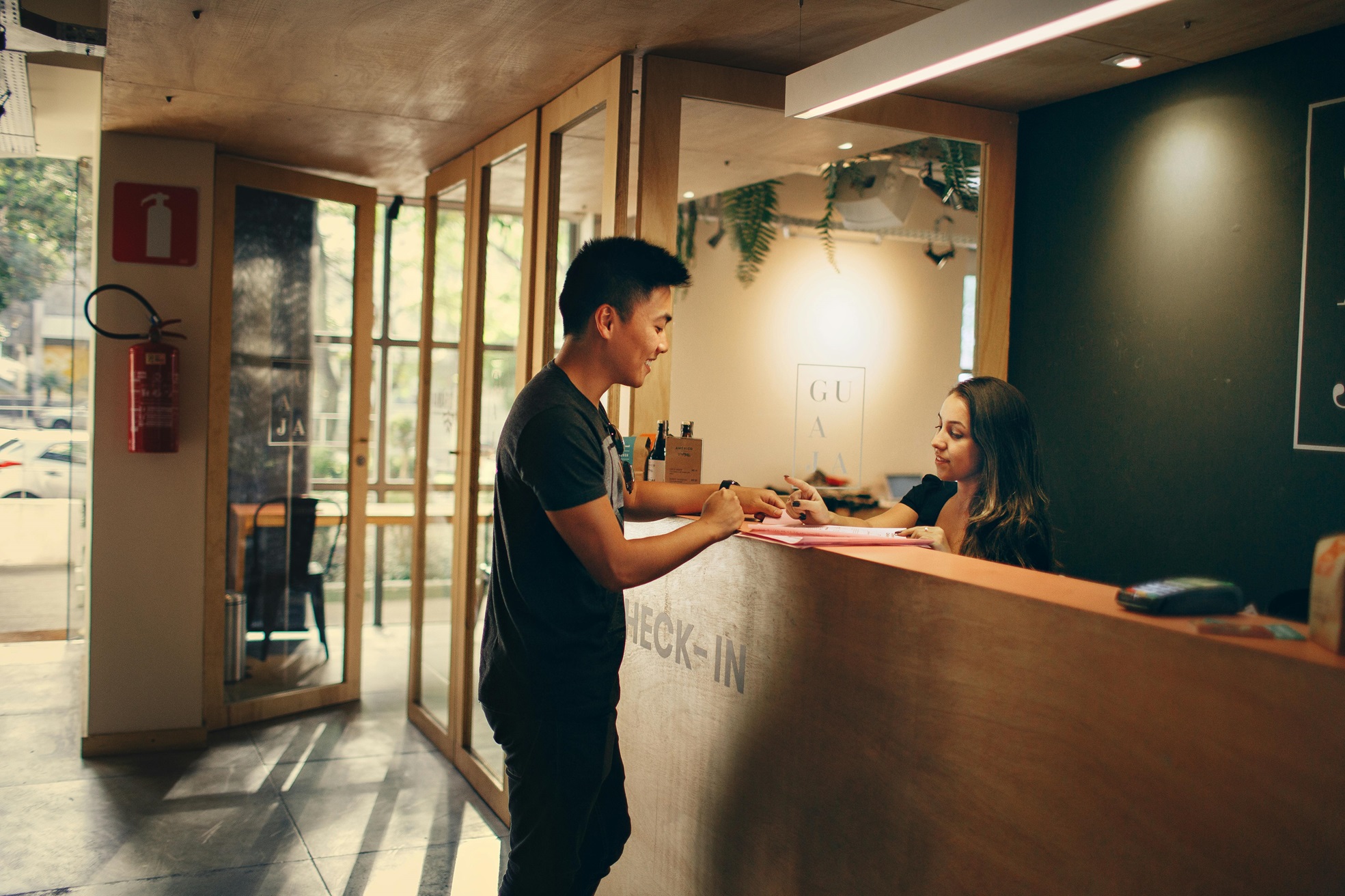As universities and housing providers strive to create inclusive environments, getting it right for LGBTQIA+ students is not just a matter of policy, it's fundamental to the well-being and success of all students. Research from The Class Foundation’s European Student Living Monitor 2024 reveals what services and facilities have the most impact and how to enhance the experience leading to a more vibrant and diverse campus culture.
Community Building
Cultivating a sense of belonging is crucial for all students, but it is especially vital for LGBTQIA+ students as they navigate their new university environments. Finding organisations on campus or within their living environment which serve as safe spaces for connection and support are vital for creating a strong and supportive community. Data from the European Student Living Monitor 2024 shows that students who often take part in community events and activities have better mental health scores (62.0) by 6 points compared to those who choose not to take part (55.8). Furthermore, students taking part in community events and activities score the impact of their accommodation on their wellbeing (7.5 out of 10) 1.2 points higher in the Net Promoter Score (NPS) than those who do not (6.3).
“When housing providers host events, workshops, and social gatherings, providing opportunities for students to meet like-minded peers and share experiences, there is clearly a positive effect for all involved,” says James Greenwood, Head of Residential Life at LSE. “For example, they might sponsor Pride events, workshops on LGBTQIA+ issues, or facilitate open discussions on diversity and inclusion. By actively engaging with universities and student organisations, housing providers can better understand the needs of LGBTQIA+ students and foster environments that enhance their sense of community and belonging.”
Support Services
The availability of support services is critical for the well-being of students. With most young people leaving home for the first time, mental health services and peer support groups are invaluable, especially in addressing the unique challenges faced by LGBTQIA+ students.
However, the sufficiency and accessibility of these services can vary widely. According to The Class Foundation's 2024 report, while many universities provide support services, there remains a significant gap in awareness and usage among students. The Student Living Monitor finds that 52.2% of the respondents do not have access/are not aware of mental health services. Thus, there is a huge opportunity for the stakeholders such as universities, and operators to work closely with each other and mental health professionals to make this critical service widely available for their students.
“Housing communities can enhance support by ensuring that resources are well-publicised and easily accessible,” adds James Greenwood. “This could include providing information about available services in welcome packs, hosting informal sessions, and ensuring that staff are trained regarding the needs of LGBTQIA+ students.”
Housing & Inclusivity
Universities and private housing providers should prioritise creating inclusive housing environments to ensure their offerings remain relevant and sustainable for the future. Already there are initiatives in place to make accommodations more welcoming for LGBTQIA+ students. These may include gender-neutral bathrooms, inclusive housing policies, and the option to select roommates based on personal preferences rather than gender.
There are 160+ nationalities represented in the Student Living Monitor. Within this diverse demographic, the research identifies a subset of ‘non-traditional students’. These are students who are gender non-conforming or report a learning/physical disability. These students report the worst living experience although have told us that on-ground staff play a crucial role in how supported they feel. This is especially valuable for students with physical disabilities, those who are neurodivergent, or those from minority groups (sexuality, ethnicity).
“To address these concerns, housing providers could consider implementing comprehensive training programmes for staff and residents on diversity, equity, and inclusion to ensure all students feel supported. Additionally, providing confidential reporting mechanisms for students who experience harassment or discrimination can help create a safer living atmosphere,” concludes James Greenwood.
Hear from The Class Foundation
“By taking the findings of this research and working collaboratively with universities, housing providers, and student organisations, we can create a more inclusive and supportive environment for LGBTQIA+ students,” says Kelly-Anne Watson, Managing Director, The Class Foundation. “Our goal is to use these insights to drive real change, ensuring that all students, regardless of their background, feel safe, valued, and connected to their communities.”





